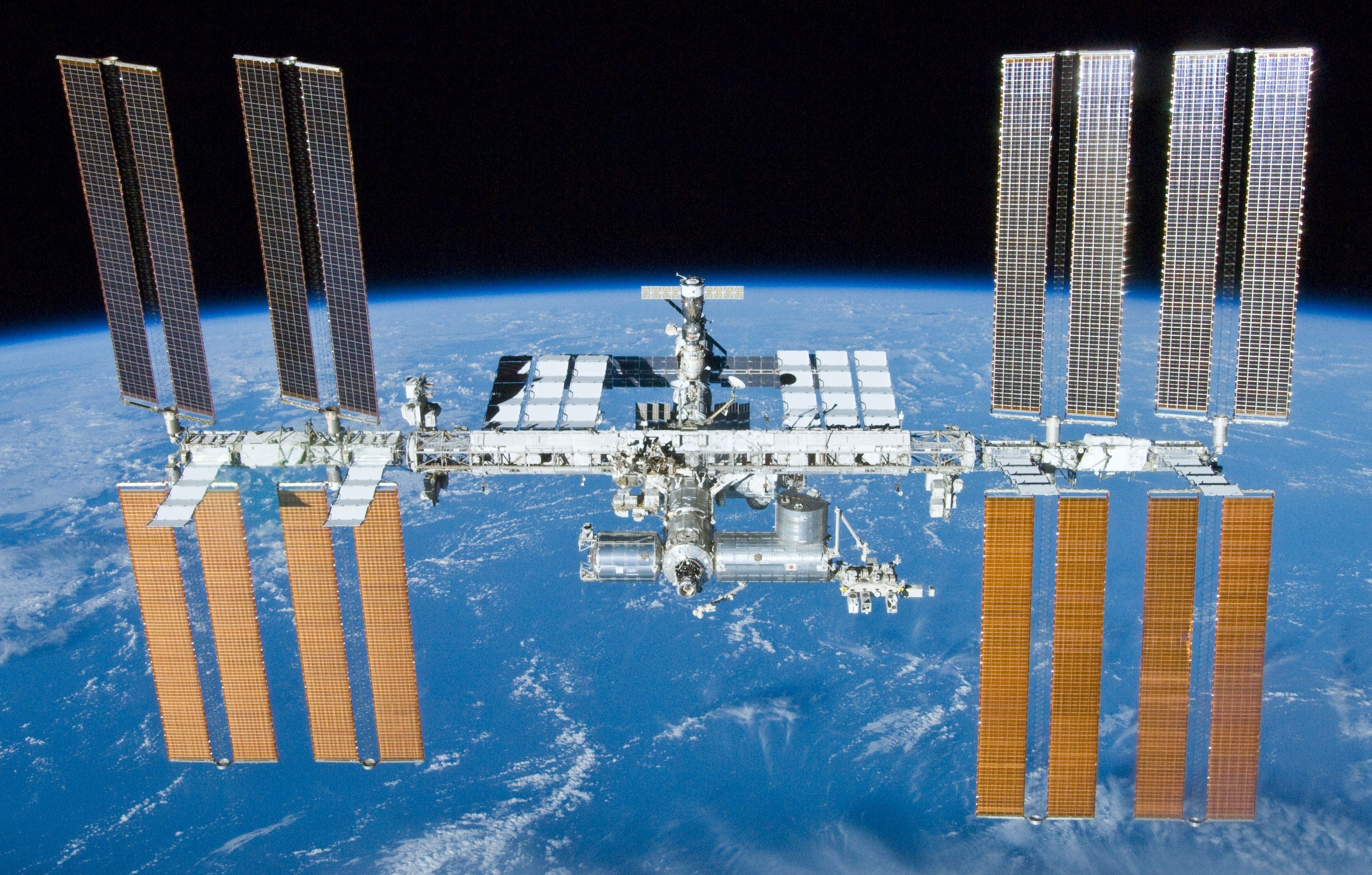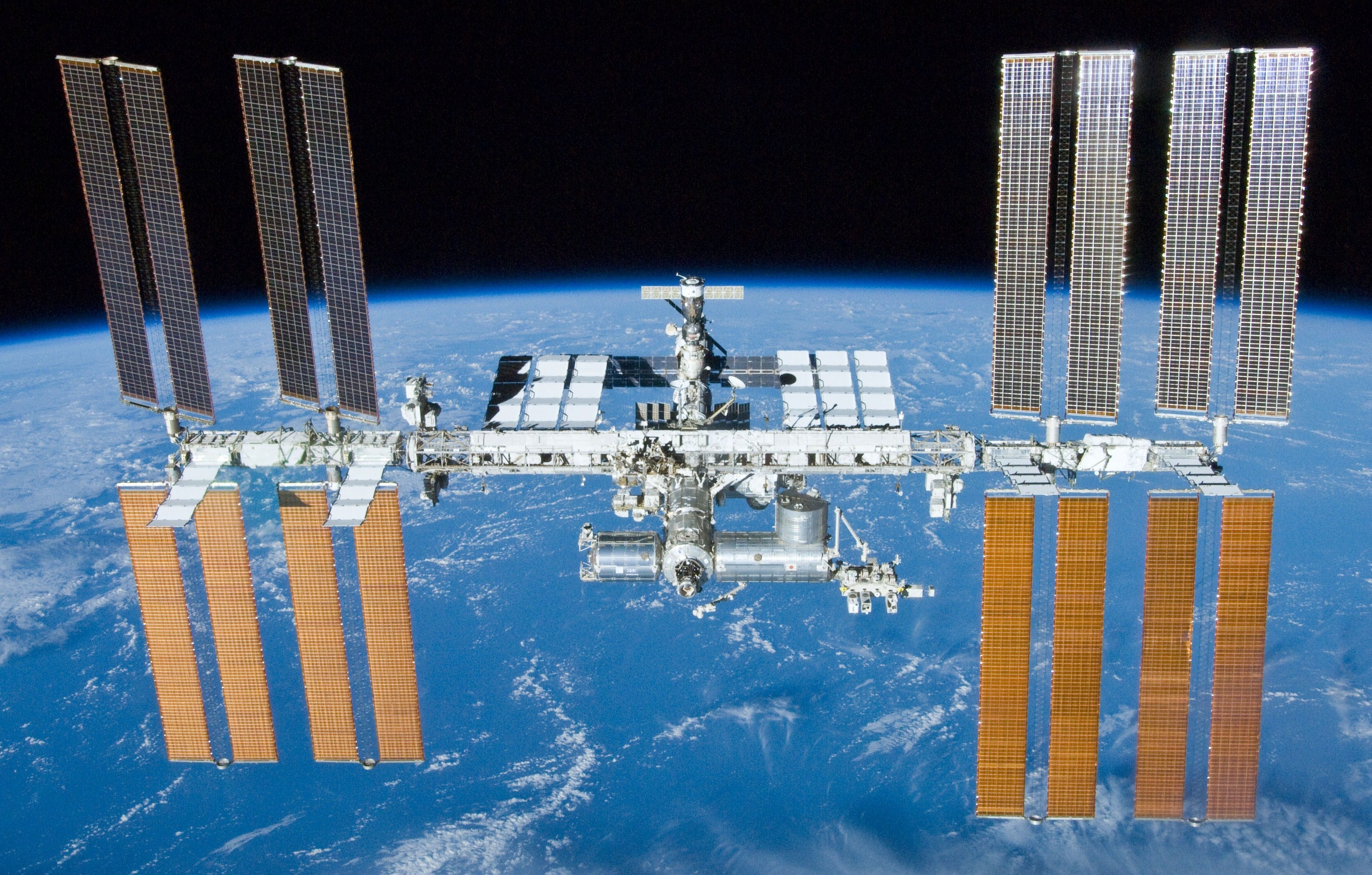- Posted Aug. 22, 2014, 9 a.m. - 10 years, 11 months ago
A worm in space?

The International Space Station (ISS) orbits the Earth at 17,500 miles per hour approximately 220 miles from the planet’s surface. A scientific wonder and a demonstration of a collaborative project between numerous countries, the ISS was created to enable us to expand our knowledge through experimentation and observation and to provide a base from which missions to the moon could possibly take place in the future. Teams of scientists from various countries visit the station, with the average posting as a crew member on board lasting about six months.
In order for people to survive in space a vast amount of technology is required. The ISS has systems responsible for atmosphere regulation, temperature control and water supply. Communications are similarly vital and today, crew members can communicate with the ground not just via mission control but via the internet, on email or internet phone. Advancements in the internet have provided benefits to those on long space missions, but increased connectivity and increased use of personal computers aboard also has its risks, ones which cannot be afforded given the complexity and importance of systems on board.
Security risks became only too apparent in August 2007, when the laptops aboard the station (which ran on Windows XP) became infected with W32.Gammima.AG malware. This worm, which spreads by copying itself to removable media and storage devices, was designed to take computer game passwords and was as such harmless to the ISS. However, its appearance on board was enough to demonstrate limitations in security and was proof that even computers in space are at risk of infection by viruses. Other viruses have appeared on board before and since, prompting the station to switch from using computers running on Windows XP to those using Linux operating systems in 2013. Linux systems, which are widely used within the scientific community, are known for stability and reliability and are therefore an obvious choice for the ISS.
It is hoped that this use of Linux will improve the station’s resistance to viruses, in conjunction with extra training for crew members. Back on Earth, the majority of computer users can use a variety of methods to keep their PCs safe from malware – using software from trusted sources is just one of these.
Image: http://bit.ly/1mpOzuD
Latest Articles
-
Our latest testimonial for Infix 6
Dec. 19, 2016, 2:40 p.m. -
Most commonly translated Turkish words
Feb. 6, 2015, 9 a.m. -
Merry Christmas & A Happy New Year
Dec. 25, 2016, 8 a.m. -
New Save PDF to SVG feature introduced to Spire.Office
Dec. 23, 2016, 11:54 a.m. -
Editing educational PDFs – a user perspective
July 21, 2014, 8:03 a.m.


